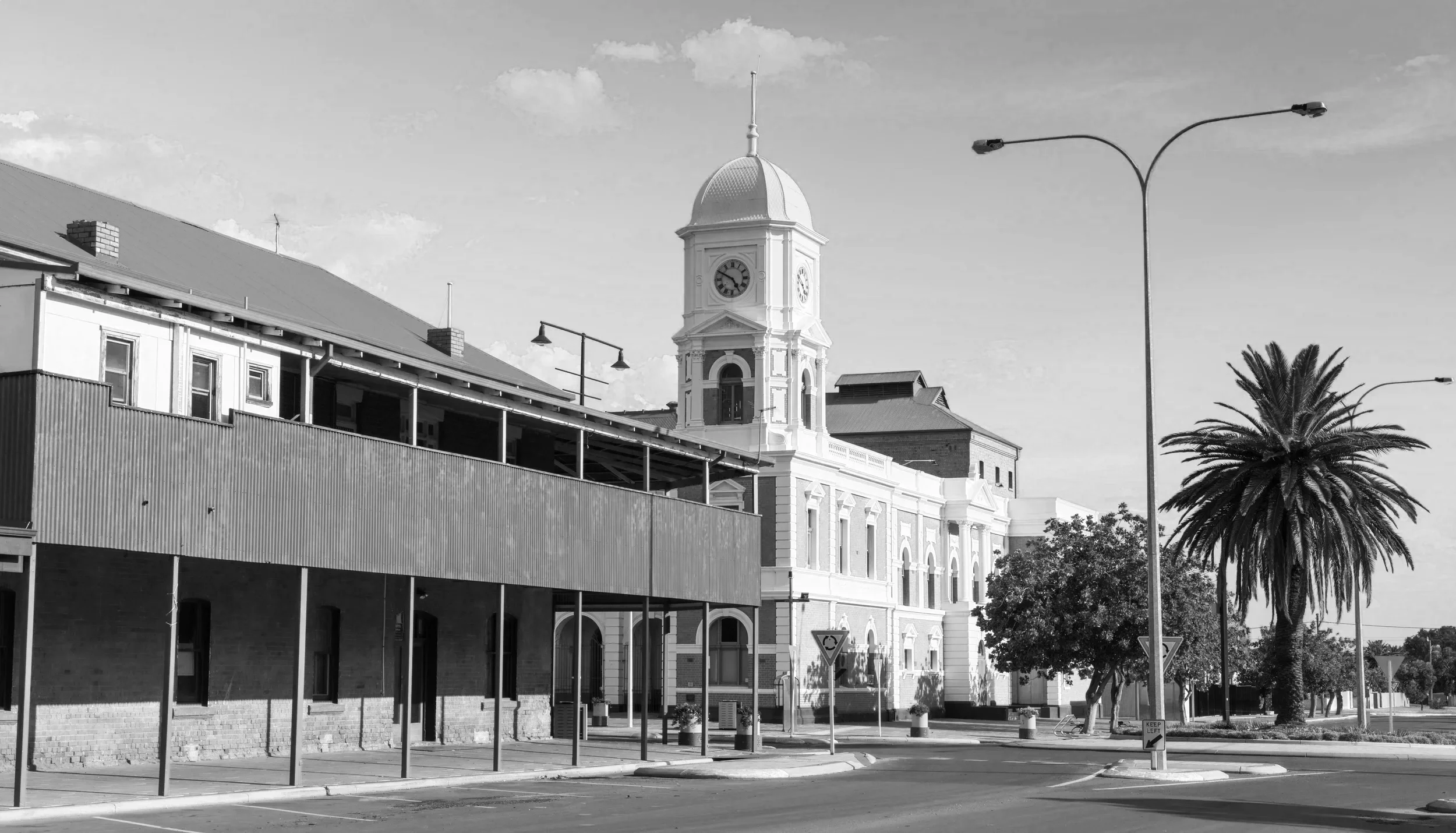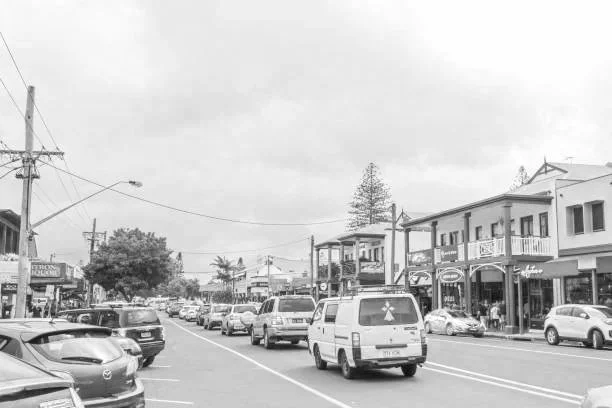Specialist Access in the Community: COORDINARE
Status: September 2021 - Completed early 2022
Client: COORDINARE - South Eastern NSW PHN
Background
The challenge: develop a sustainable and scalable shared care model via a co-design process.
COORDINARE - South Eastern NSW Primary Health Network (SENSW PHN) engaged Beacon Strategies to facilitate a co-design process to develop a sustainable and scalable shared care model that increased access to specialist care in the community, within the South Eastern NSW region.
The need for the project was related to people accessing healthcare in the South Eastern NSW region experiencing a complex and fragmented system that was difficult to navigate. Additionally, demand for services was increasing due to multiple factors including an ageing population, an increasing burden of chronic and complex conditions, frequent attenders and those enduring long stays in hospital care. This had placed additional pressure on scarce resources in both the primary and tertiary care sectors.
General practitioners and specialist services play a critical role in providing ongoing care within the local community. Historically, consultations and feedback from clinicians highlighted the differences in the way general practitioners and specialists saw their roles. Through these conversations, opportunities to develop innovative and flexible ways of delivering care that improved how general practitioners and specialists engaged and worked together in the provision of ongoing care were identified.
Approach - The Double Diamond Methodology
The project aimed to design a model of care that provided additional care in the community by increasing the amount of specialist health activity in primary care settings, including through telehealth and virtual care models.
Our approach for this project was broken down into seven key steps. The engagement process, model development and model refinement were based on the Double Diamond methodology, which utilised convergent and divergent thinking to understand the consumer journey and develop solutions to the identified problems.
Key Steps:
Document and evidence review
Engagement planning
Engagement process
Consumer (discover phase)
Health professional (define phase)
Model development (develop phase)
Model testing (deliver phase)
Reporting and recommendations
Evaluation framework
Outcomes - A comprehensive Co-design Project Report
The Specialist Access in the Community Co-design Project Report is a comprehensive document that outlines the findings and implications of a collaborative effort to improve specialist care delivery in South Eastern NSW. The report is structured around five key elements: project background and context, co-design approach, key findings, the proposed model of care, and recommendations for implementation.
The co-design approach section outlines the methodology used to engage with stakeholders and develop a person-centred model for increasing access to specialist care. This included focus groups, interviews, surveys, and workshops with patients, carers, GPs, specialists, and other healthcare providers.
Key findings
The summary of the insights gained from these engagements included challenges faced by patients seeking specialist care in South Eastern NSW such as long wait times for appointments, difficulty navigating a complex health system, and limited options for non-clinical support such as transport or financial assistance. It also highlighted the opportunities for development such as building patient health literacy and improving access to specialist care for rural communities.
The proposed model of care presents a person-centred model that addresses these challenges head-on and provides recommendations on how this model can be implemented across South Eastern NSW, such as developing partnerships between primary care providers and specialists to improve the coordination of care, leveraging existing technology infrastructure to support telehealth appointments, and investing in non-clinical support services to address social determinants of health.
You can download the report here: https://www.coordinare.org.au/assets/Files-2023/Specialist-Access-in-the-Community-Co-design-Project-Summary_Final-20220624.pdf








